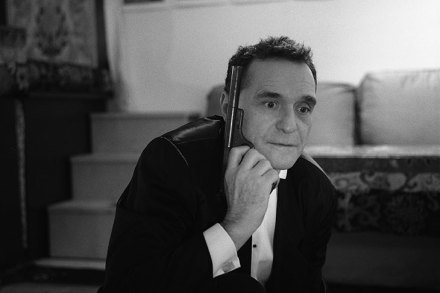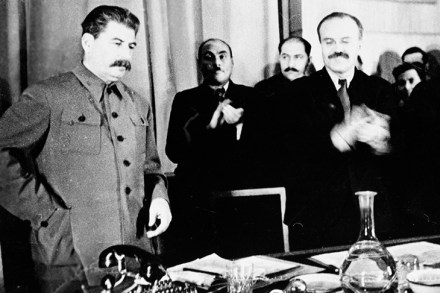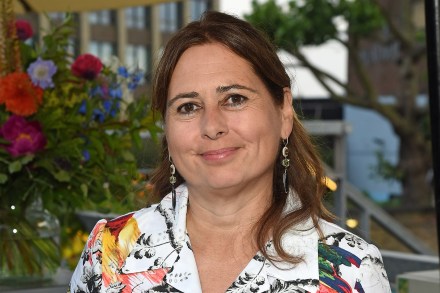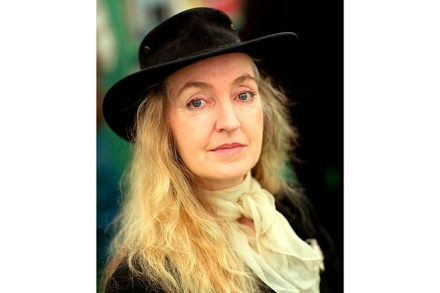Part Beat, part hippy, part punk: the gay life of John Giorno
John Giorno, who died last year, was a natural acolyte: he needed a superior being to set him in motion. Part Beat, part hippy, part punk, he was a gay, sexually active poet who tells us that he loved to do it ‘endlessly’. He was therefore very popular among New York’s avant garde, many of whom were gay and passive: ‘I was young and beautiful and that got me what I wanted, and all I wanted was sex. I had all the money I needed; my parents gave me an allowance and paid my bills.’ Such boyish candour sets the tone of this memoir, which is a feast of exuberant





















